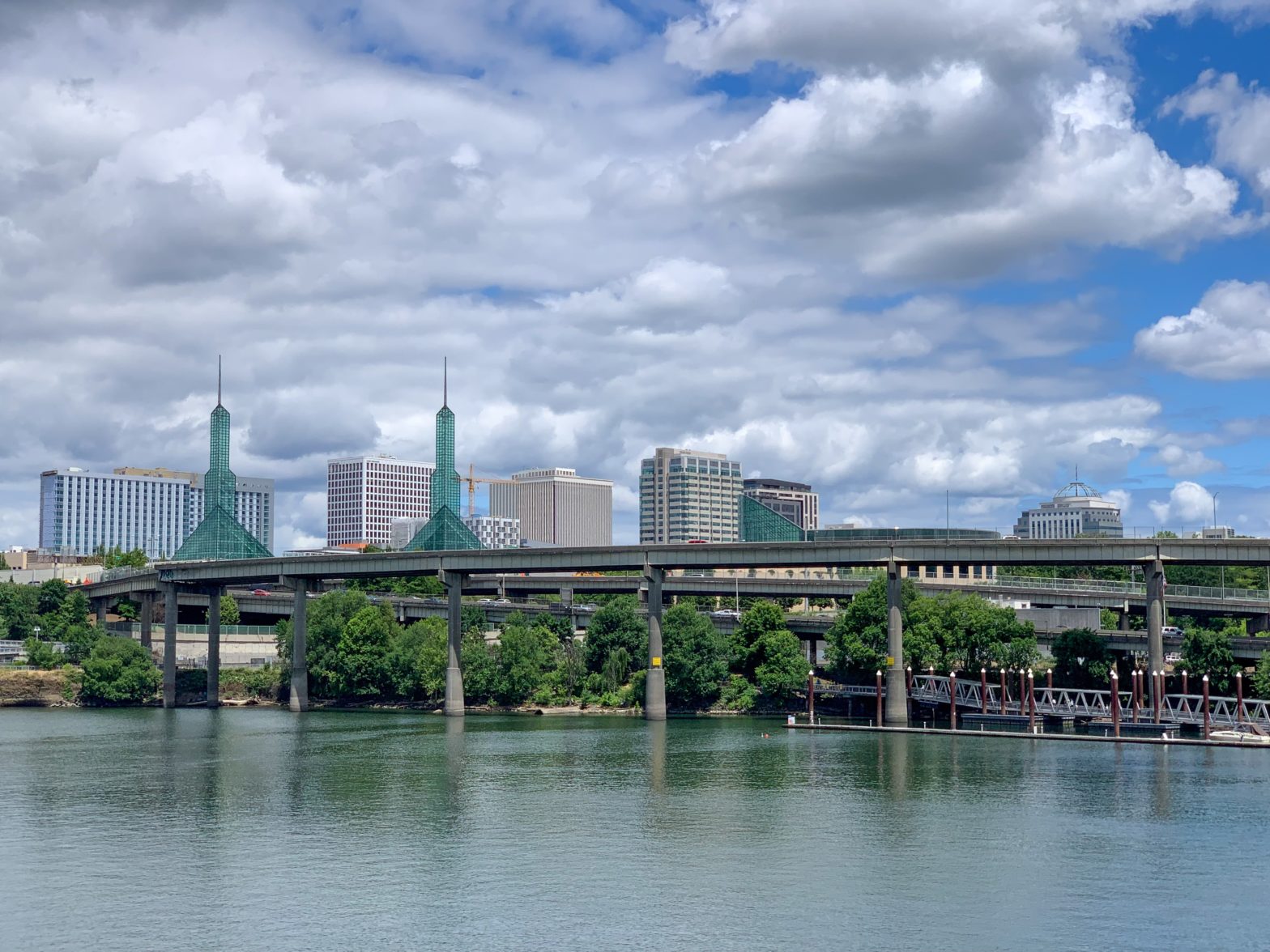
Photo: robin-davidson-unsplash
Portland approves climate emergency workplan
29 August 2022
by Christopher Carey
Portland City Council has unanimously approved two initiatives that will help shape the course of its climate work over the next three years.
The Climate Emergency Workplan (CEW) will act as the City’s new climate action plan and includes 43 actions and strategies based on electricity supply, buildings, transportation and industry.
The council also passed an ordinance that will limit the size and use of fossil fuel terminals in the city while supporting improved safety and access to supplies of renewable fuel.
Implementation of the strategies will be critical for the city to reach its aim of a 50 percent reduction in carbon emissions by 2030 and net zero emissions by 2050.
“The City acknowledges the role the [fossil fuel] terminals play in serving other businesses and the regional economy to sustain the movement of goods,” said Portland City Commissioner Carmen Rubio.
“The proposed ordinance will not decrease the availability of fuel to the region and beyond, but it will help limit the risk to Portlanders in the event of a major earthquake and support a transition to cleaner fuels.”
This week the city’s Bureau of Planning will roll out an update to its Renewable Fuel Standard, requiring 99 percent of all petroleum diesel sold in the city to be replaced with a blend of renewable fuels by 2026.
Deeds not words
But some climate activists say the city’s plans lack detail and are concerned that leaders won’t follow their words with necessary actions.
During the council meeting that passed the two initiatives, environmental group Extinction Rebellion held up banners reading “deeds not words”, and urged the city to follow through on its pledges with concrete steps.
“The Workplan includes some good ideas, but also a lot of vague language without effective annual actions to reduce emissions and otherwise combat climate change,” the group said in a statement.
“In the two critical years since the passing of the Climate Emergency Declaration there are few, if any, substantive policies the City can point to that resulted in a substantial decline in emissions.
“The council must create a Climate Emergency Commission to work with the best available experts and committed and concerned stakeholders to work on effective action steps, measurable outcomes, responsible staff for various sectors, and timelines to reduce the city’s greenhouse gas emissions in line with climate science.”
Image: robin-davidson (unsplash)













